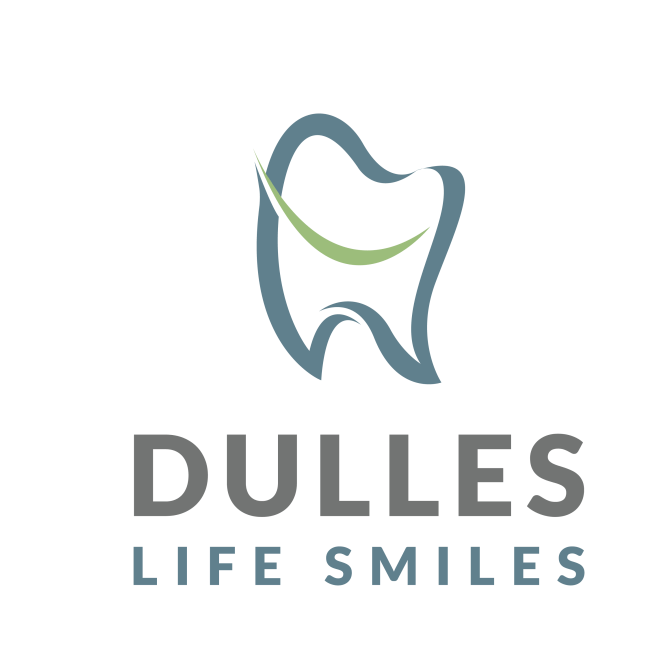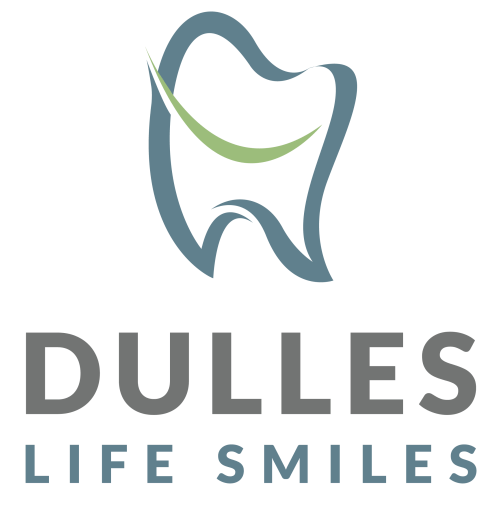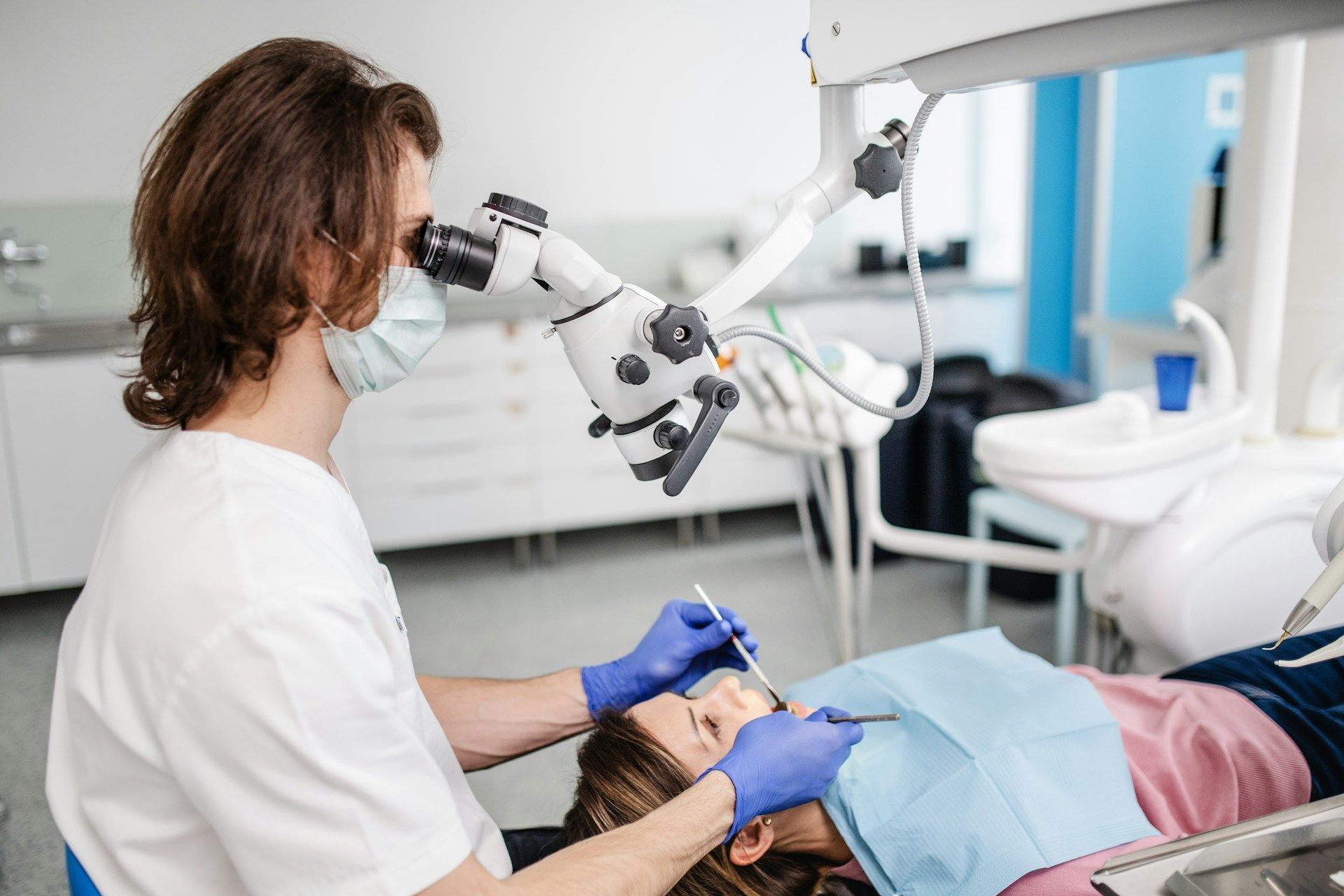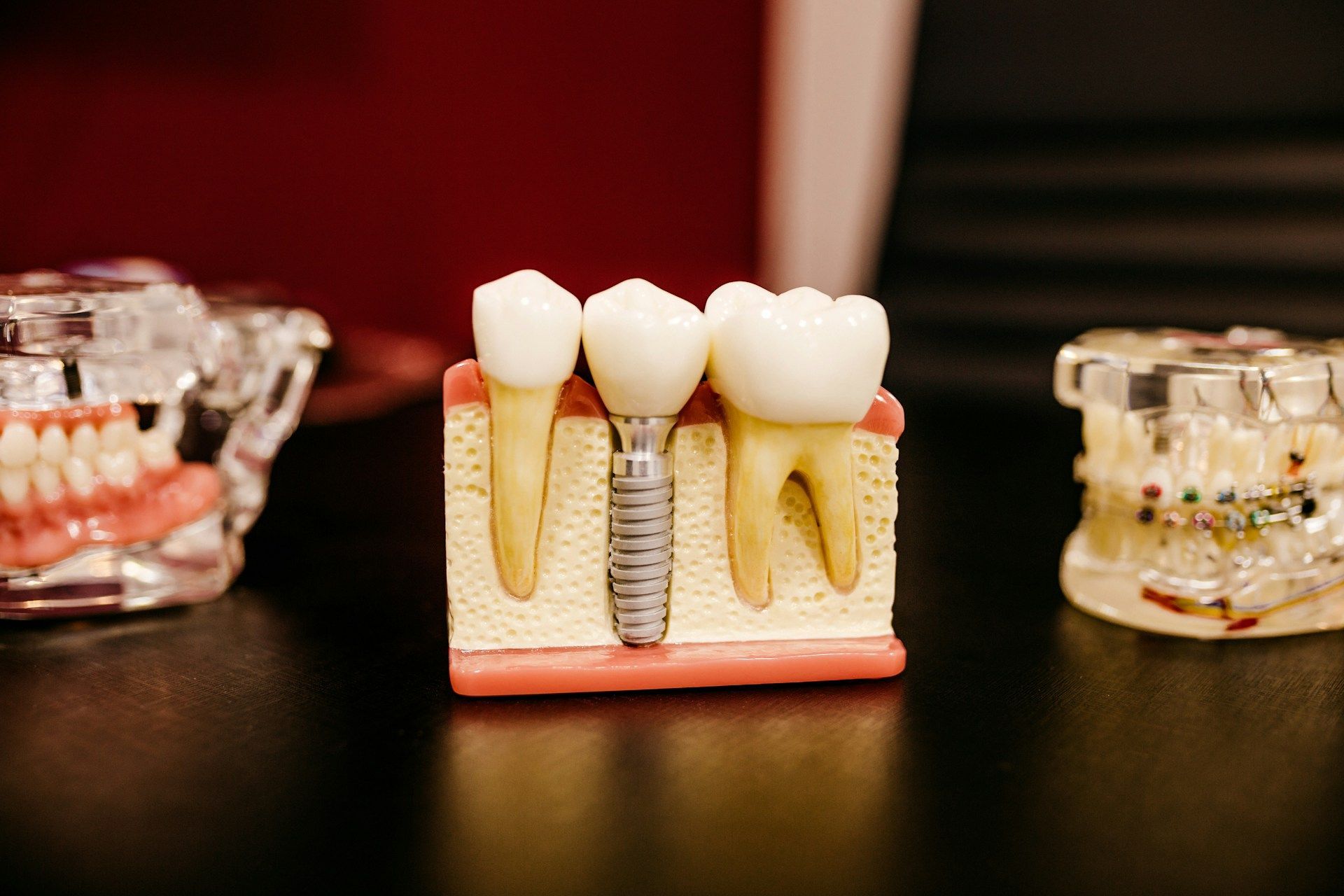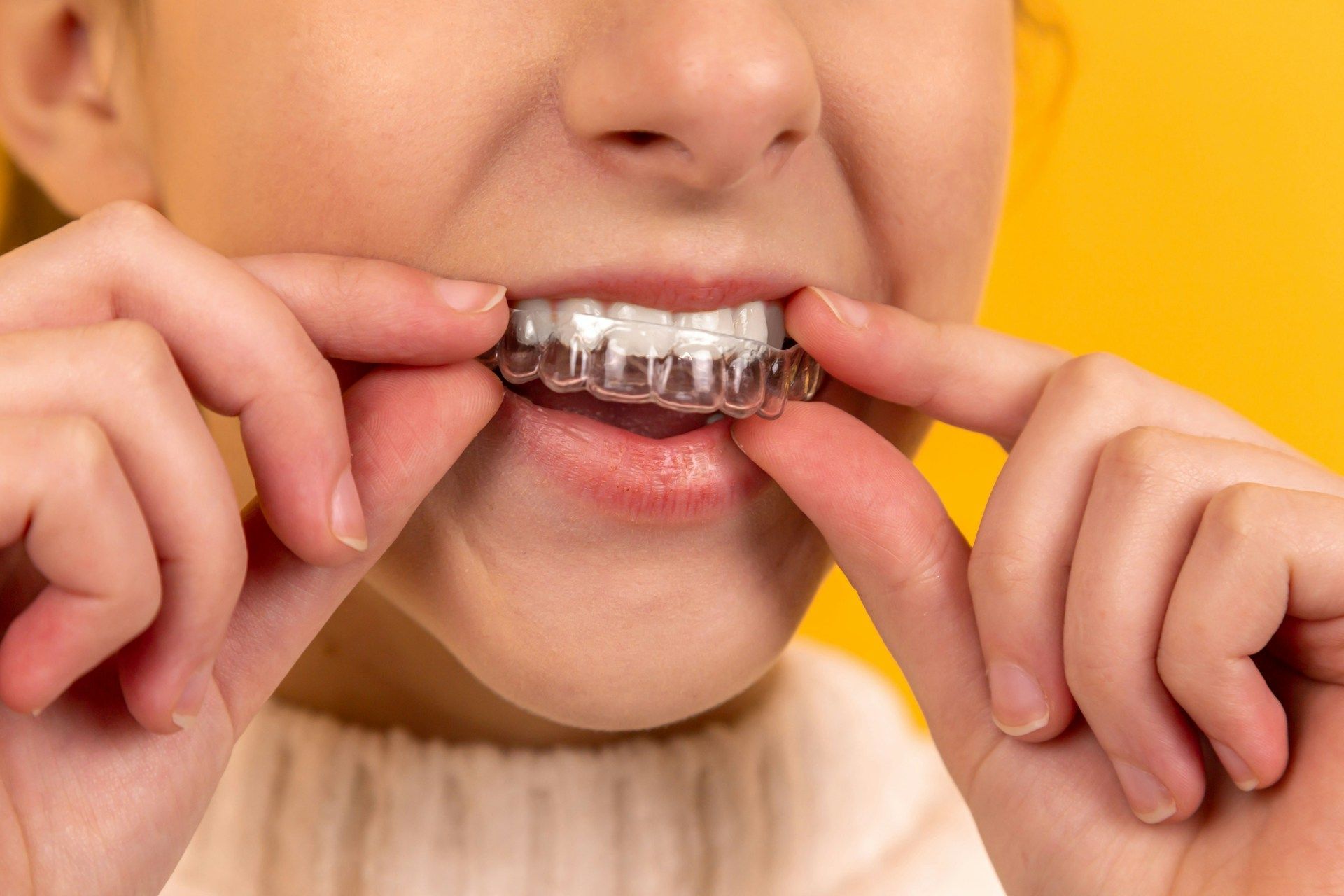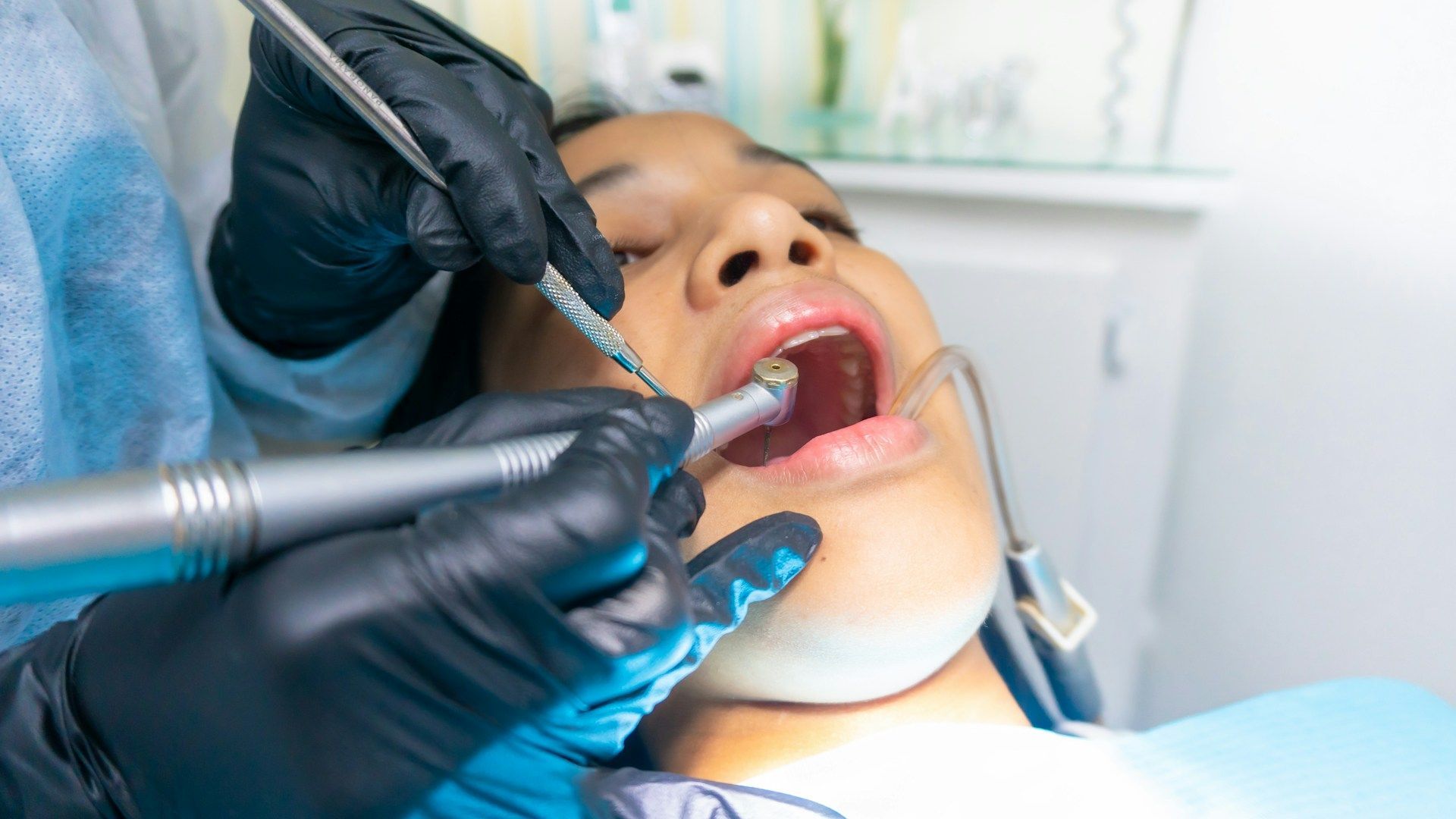Dr. Gino Habla Español
Prevent Common Dental Problems Easily
Dental health is crucial for maintaining not just a beautiful smile, but also for ensuring overall well-being. Unfortunately, many people experience common dental problems at some point in their lives. These issues can range from mild discomfort to severe pain, and if left untreated, they can lead to more serious health complications. Understanding what causes these problems and how to prevent them can help you maintain a healthy mouth and a happy life.
Poor dental hygiene, diet, and habits like smoking can contribute to the development of dental problems. Not brushing and flossing regularly can lead to tooth decay, cavities, gum disease, and more. Regular dental check-ups play a significant role in the early detection and management of these problems. By taking preventive measures, you can avoid the pain and expense associated with dental treatments.
Learning how to identify the signs and symptoms of common dental problems empowers you to take action before they worsen. Simple daily habits and mindful choices can make a big difference in your oral health. Let’s explore the most common dental issues and effective strategies for preventing them.
Understanding Common Dental Problems
What Are Dental Problems?
Dental problems are issues that affect the teeth, gums, and mouth. They can range from minor annoyances like bad breath to severe issues such as gum disease and tooth decay. These problems can cause pain, discomfort, and even lead to more serious health concerns if left untreated. Some common dental problems include cavities, gum disease, tooth sensitivity, and bad breath. Understanding these issues is the first step toward preventing them and maintaining good oral health.
Signs and Symptoms to Watch for
Recognizing the signs and symptoms of dental problems can help you seek timely treatment and prevent complications. Common symptoms include:
- Toothache: Persistent pain or discomfort in a tooth can signal decay or infection.
- Sensitivity: Sudden pain or discomfort when consuming hot, cold, or sweet foods may indicate tooth sensitivity or enamel loss.
- Bleeding Gums: Gums that bleed easily, especially when brushing or flossing, may be a sign of gum disease.
- Bad Breath: Chronic bad breath, despite good oral hygiene, can suggest underlying dental issues.
- Swollen or Red Gums: These can indicate gum infection or inflammation.
If you notice any of these symptoms, it's important to consult with a dentist for a thorough examination and appropriate treatment.
Preventing Tooth Decay and Cavities
The Causes of Tooth Decay
Tooth decay occurs when the enamel of the teeth is damaged by acids produced by bacteria. These bacteria thrive on sugars and starches from the food and drinks we consume. When these substances are not properly cleaned from the teeth, they form plaque, which can lead to cavities and tooth decay. Factors like poor oral hygiene, frequent snacking, and consuming sugary beverages increase the risk of tooth decay.
Effective Brushing and Flossing Techniques
Proper brushing and flossing are essential in preventing tooth decay and maintaining oral health. To brush effectively, you should:
- Use a soft-bristled toothbrush and fluoride toothpaste.
- Brush for at least two minutes, covering all surfaces of the teeth.
- Hold the brush at a 45-degree angle to the gums.
- Brush twice a day, once in the morning and once before bed.
Flossing is equally important and should be done at least once a day to remove plaque and food particles between teeth. Use a gentle sawing motion to guide the floss between your teeth and curve it around each tooth to clean below the gum line.
The Role of Fluoride and Dental Sealants
Fluoride is a mineral that helps strengthen tooth enamel and makes it more resistant to decay. Using fluoride toothpaste and drinking fluoridated water can significantly reduce the risk of cavities. In some cases, dentists may apply topical fluoride treatments during routine checkups for added protection.
Dental sealants are another effective preventive measure. These are thin, protective coatings applied to the chewing surfaces of the back teeth, where decay often starts. Sealants can prevent food and bacteria from getting trapped in the grooves of the teeth, reducing the risk of cavities. Sealants are particularly beneficial for children but can also be used in adults who are prone to tooth decay.
Addressing Gum Disease
What is Gum Disease?
Gum disease, also known as periodontal disease, is an infection of the gums that can damage the tissue and bone supporting your teeth. It starts with plaque build-up, which can harden into tartar if not cleaned properly. Early-stage gum disease is called gingivitis, characterized by red, swollen gums that bleed easily. If untreated, it can progress to periodontitis, which can cause tooth loss and other serious health issues.
Preventive Measures for Healthy Gums
Preventing gum disease involves a combination of good oral hygiene and regular dental care. Here are some effective measures:
- Brush your teeth twice a day: Use a soft-bristled toothbrush and fluoride toothpaste. Make sure to brush along the gumline to remove plaque.
- Floss daily: Flossing removes food particles and plaque between teeth that your toothbrush can't reach.
- Rinse with mouthwash: Antimicrobial mouthwash can reduce bacteria and freshen your breath.
- Avoid tobacco products: Smoking and chewing tobacco can harm your gums and overall oral health.
The Importance of Regular Dental Checkups
Regular dental checkups are vital in preventing and managing gum disease. Dentists can detect early signs of gum disease and provide professional cleanings to remove tartar. Typically, you should visit the dentist every six months. However, if you have a history of gum disease or other risk factors, more frequent visits might be necessary. These checkups help ensure your gums and teeth remain healthy.
Other Common Dental Issues and Their Prevention
Preventing Tooth Sensitivity
Tooth sensitivity occurs when the protective enamel wears down, exposing the underlying dentin. Here are some ways to prevent tooth sensitivity:
- Avoid acidic foods and drinks like sodas and energy drinks: These can erode enamel over time.
Managing Teeth Grinding (Bruxism)
Teeth grinding, or bruxism, can cause severe dental damage and discomfort. It often occurs during sleep. Here are some ways to manage it:
- Wear a nightguard made by your dentist: This protective appliance can prevent damage from grinding.
- Botox therapy is a great option for TMJ and Teeth Grinding (Bruxism). In this treatment, your dentist will inject this medicine directly into your jaw muscles, where it will selectively relax the muscles and prevent grinding and overuse of your temporomandibular joint (TMJ).
- Stress and anxiety can contribute to bruxism.
- Avoid stimulants before bed: Caffeine and alcohol can exacerbate grinding.
Avoiding Bad Breath (Halitosis)
Bad breath, or halitosis, can be embarrassing and may indicate underlying dental issues. Here are some tips to avoid it:
- Maintain proper oral hygiene: Brush, floss, and use mouthwash regularly.
- Stay hydrated: Drinking water helps wash away food particles and bacteria.
- Clean your tongue: Use a tongue scraper or your toothbrush to remove bacteria.
Conclusion
Maintaining good oral health is essential for a beautiful smile and overall well-being. Understanding and preventing common dental problems like tooth decay, gum disease, tooth sensitivity, teeth grinding, and bad breath can save you from pain and extensive treatments. Simple daily habits like effective brushing and flossing, using fluoride, and avoiding harmful foods play a significant role in keeping your teeth and gums healthy. Regular dental checkups ensure early detection and management of any issues, making it easier to maintain a healthy mouth.
If you're ready to take control of your dental health, our team at Dulles Life Smiles in Ashburn, VA, is here to help. Contact our
Ashburn dental office today to schedule your appointment and take the first step toward a healthier, happier smile!




CONTACT
CONTACT US TO SCHEDULE YOUR APPOINTMENT TODAY!
Business Hours
- Mon, Tue, Thu
- -
- Wednesday
- -
- Friday
- -
- Sat - Sun
- Closed
DR. GINO HABLA ESPAÑOL
CONTACT
CONTACT US TO SCHEDULE YOUR APPOINTMENT TODAY!
22420 Flagstaff Plz # 150 Ashburn, VA 20148
Thanks for choosing us as your preferred dentist in Ashburn, VA
Follow Us On Social Media
All Rights Reserved
Dentist Websites by Energize Group
